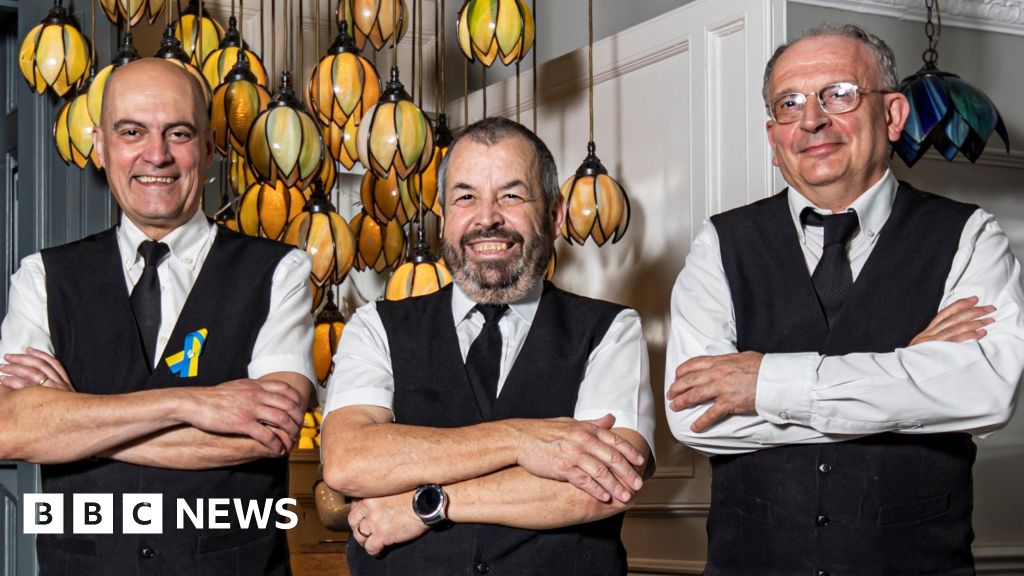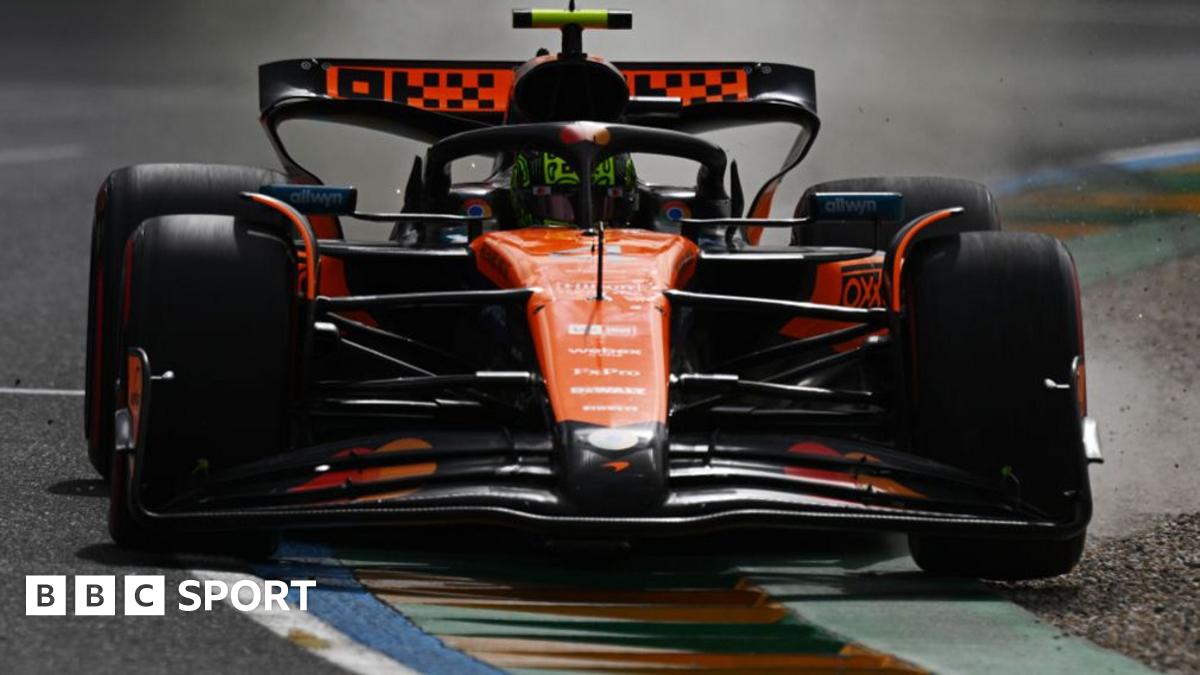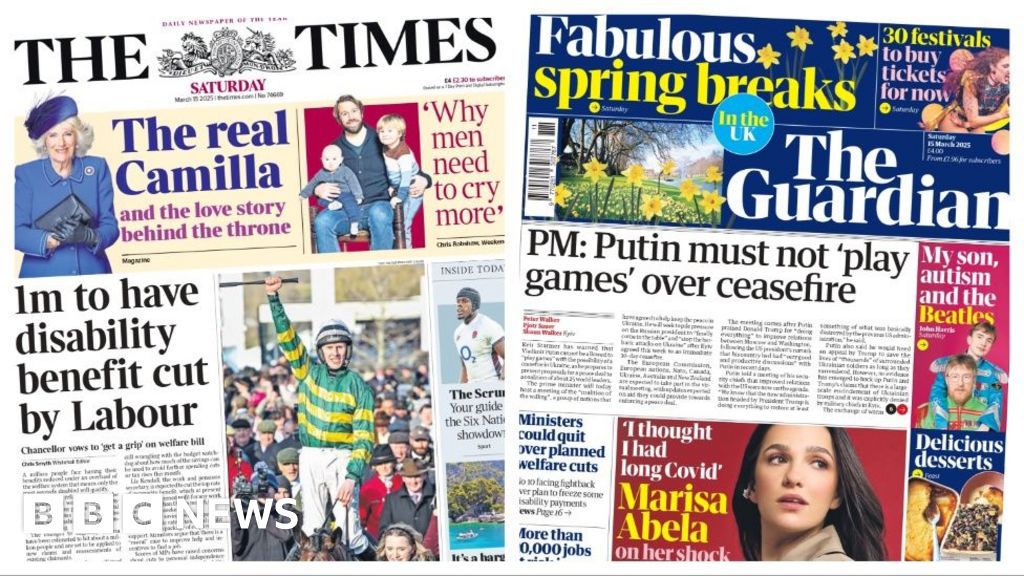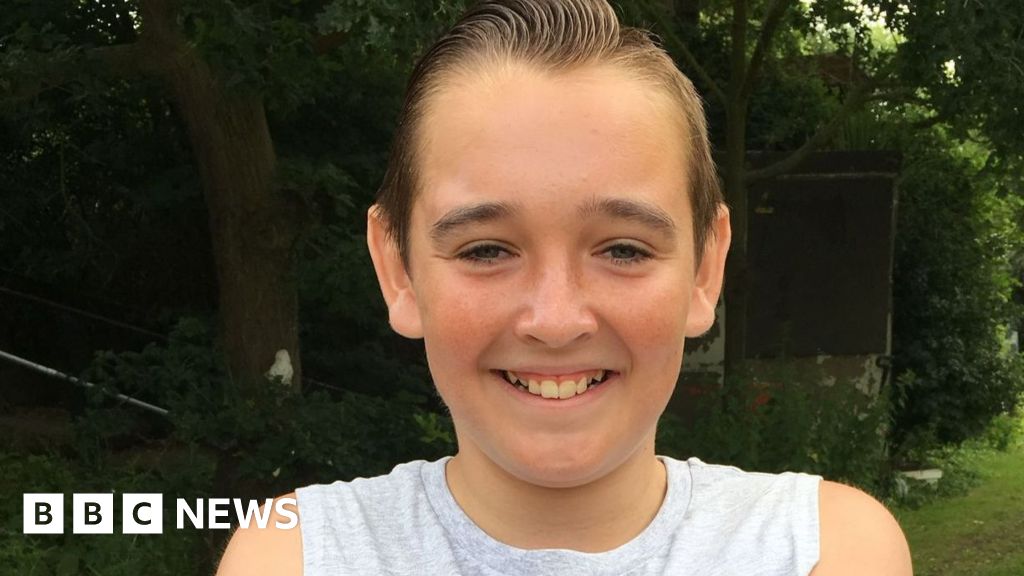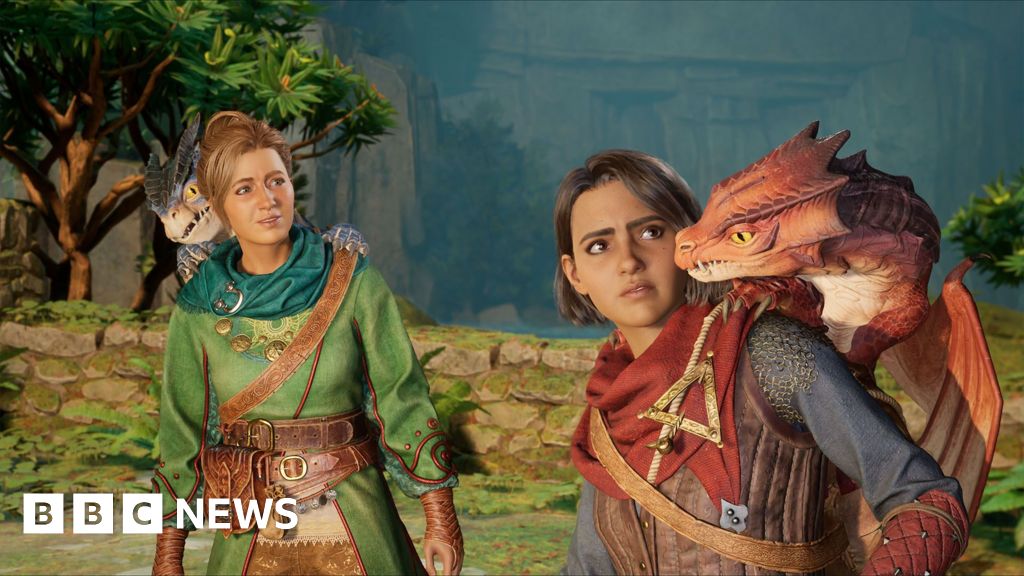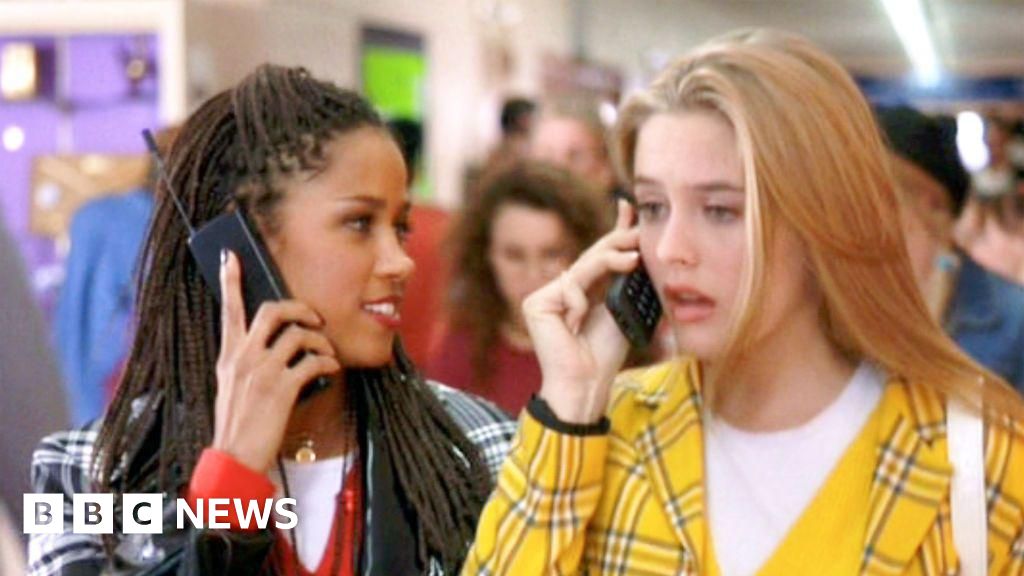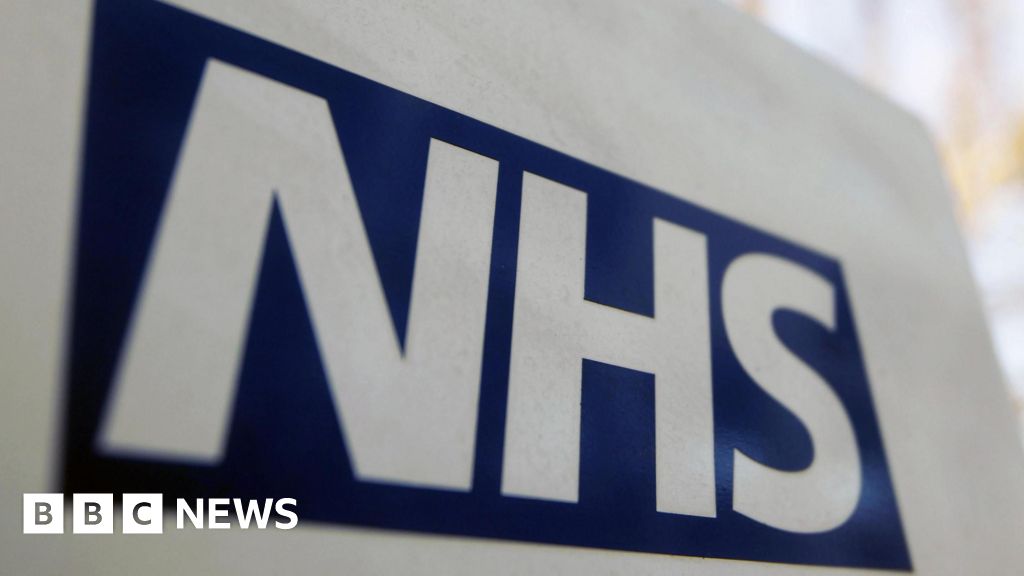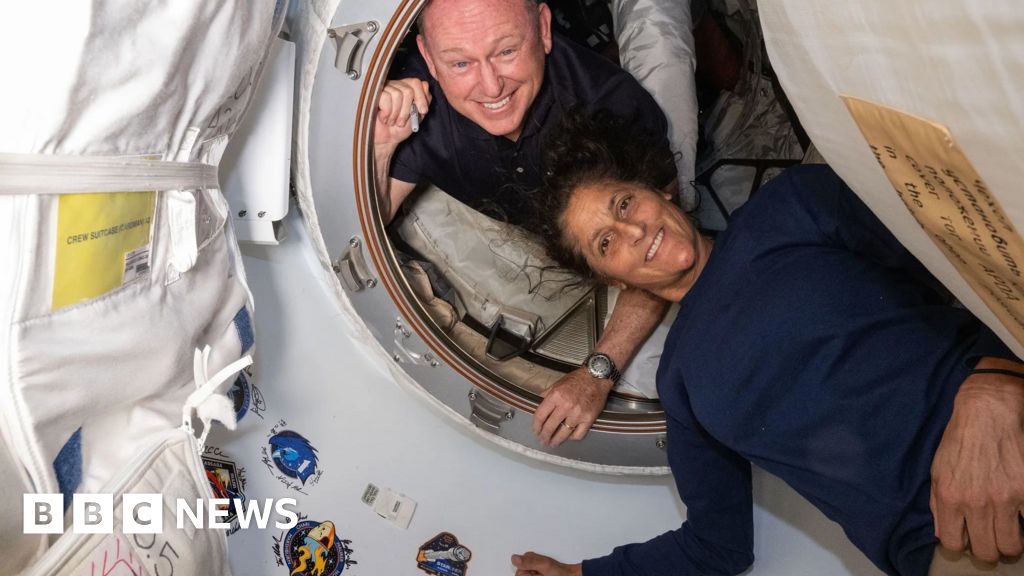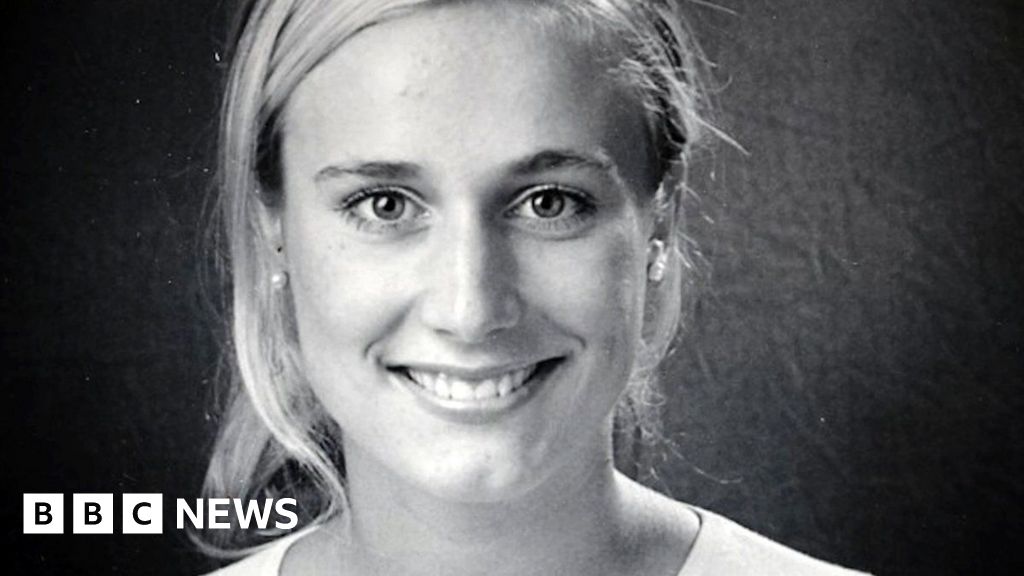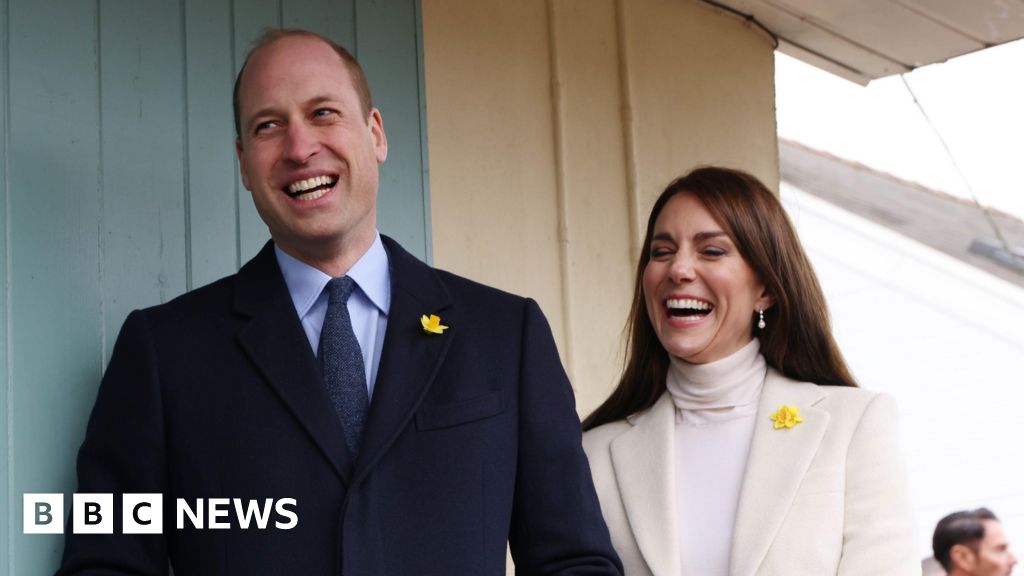Donald Trump and Kamala Harris met for the first time on the debate stage in Philadelphia on Tuesday night.
They may have shaken hands, but they did not hit it off.
In a fiery 90 minutes, Harris frequently rattled the former president with personal attacks that threw him off message and raised the temperature of this highly-anticipated contest.
Her pointed digs on the size of his rally crowds, his conduct during the Capitol riot and on the officials who served in his administration who have since become outspoken critics of his campaign repeatedly put Trump on the back foot.
The pattern for much of this debate was Harris goading her Republican rival into extended defences of his past conduct and comments. He gladly obliged, raising his voice at times and shaking his head.
Americans should go to a Trump rally, Harris said during an early question about immigration, because they were illuminating. “People start leaving the rallies early out of exhaustion and boredom,” she said.
That barb clearly rattled the former president, as he then spent most of his answer – on a topic that should have been one his main area of strength – defending his rally sizes and belittling hers.
Trump went from there to an extended riff on a debunked report that Haitian immigrants in the town of Springfield, Ohio, were abducting and eating their neighbour’s pets.
If debates are won and lost on which candidate best takes advantage of issues where they are strong - and defends or deflects on areas of weakness - Tuesday night tilted in favour of the vice-president.
That was clear early in the evening, as the topics covered were the economy and abortion. Public opinion surveys indicate many Americans are unhappy with how the Biden administration – of which Harris is a key member – has handled inflation and the economy.
But Harris turned the topic to Trump’s proposed across-the-board tariffs, which she labelled a “Trump sales tax”, and then brought up Project 2025, the controversial independent conservative plan for a future Republican administration.
As he has in the past, Trump distanced himself from the project and defended his tariff plan, noting that the Biden administration had kept many of the tariffs in his first presidency. They were valid points, but it kept him from hammering the vice-president on inflation and consumer prices.
On abortion, Trump defended his handling of the issue, saying that Americans across the spectrum wanted Roe v Wade abortion protections overturned by the Supreme Court – a statement that polling does not support. He struggled to make his position clear and his answer was at times rambling.
Harris, meanwhile, took the opportunity to make an impassioned, personal appeal to families who have faced severe pregnancy complications and have been unable to receive abortion care in states that have banned the procedure – states with “Trump abortion bans”, as she called them.
“It’s insulting to the women of America,” she concluded.
It was a carefully modulated message in an area in which she has a double-digit advantage over Trump.
Time and time again as the evening progressed, Harris put Trump on the defensive with jabs and barbs that he could have ignored but seemingly felt compelled to address.
At one point, Harris was asked about the liberal positions, such as those on oil shale fracking, that she took during her failed 2019 presidential campaign and has since abandoned. Her deliberate prodding continued and she ended her answer by noting that she did not take handouts from her wealthy father.
Again, the former president took the bait. Instead of hitting the vice-president on her shifting views – a clear area of weakness – he opened his response by talking about the “tiny fraction” of money he took from his father.
On the Afghanistan withdrawal, another weak point for Harris, the vice-president shifted the conversation to Trump’s negotiations with Taliban officials and inviting them to Camp David. It was a pattern that played out over and over and proved very effective.
Republicans are already complaining about what they say was the favouritism the ABC moderators, David Muir and Linsey Davis, showed toward Harris. Both of them pushed back and fact-checked assertions made by Trump on several occasions.
In the end, however, it was Trump’s responses and eagerness to take and devour whatever bait Harris set out for him that was the story of the evening.
And that played out in the faces of the two candidates. Whenever her opponent was talking, Harris took on a studied look of bemusement or incredulity. Trump, for his part, mostly scowled.
Up until now, the Harris campaign had been coy about whether she would agree to another debate. Almost immediately after this one ended, they called for a second presidential debate before November.
That alone should indicate how well the Democrats think Tuesday night went for Harris.

 6 months ago
20
6 months ago
20
